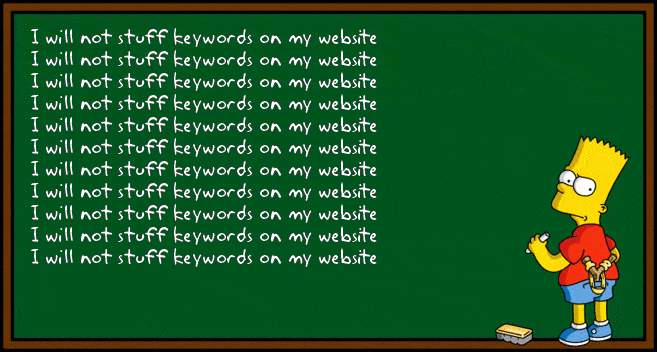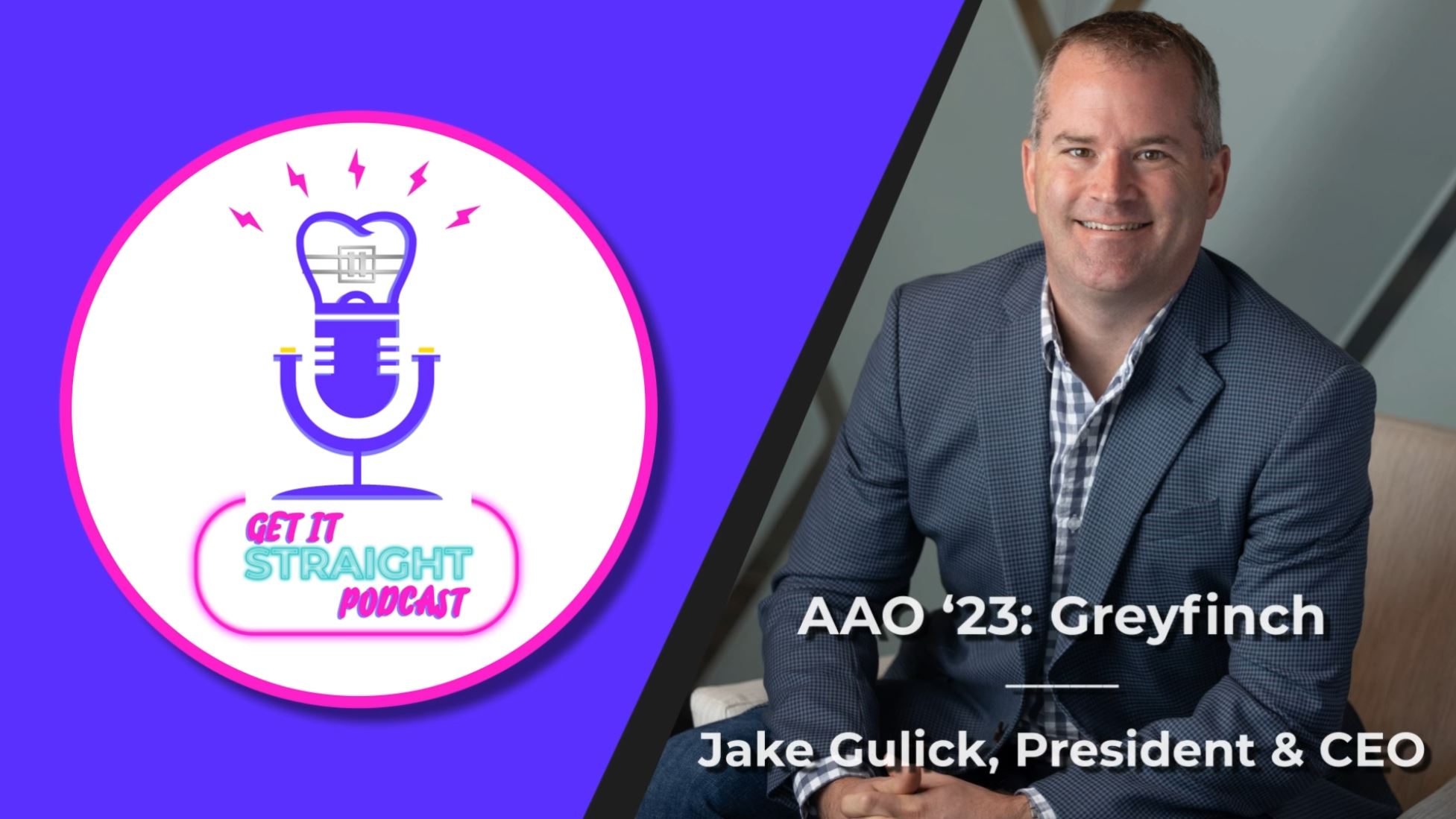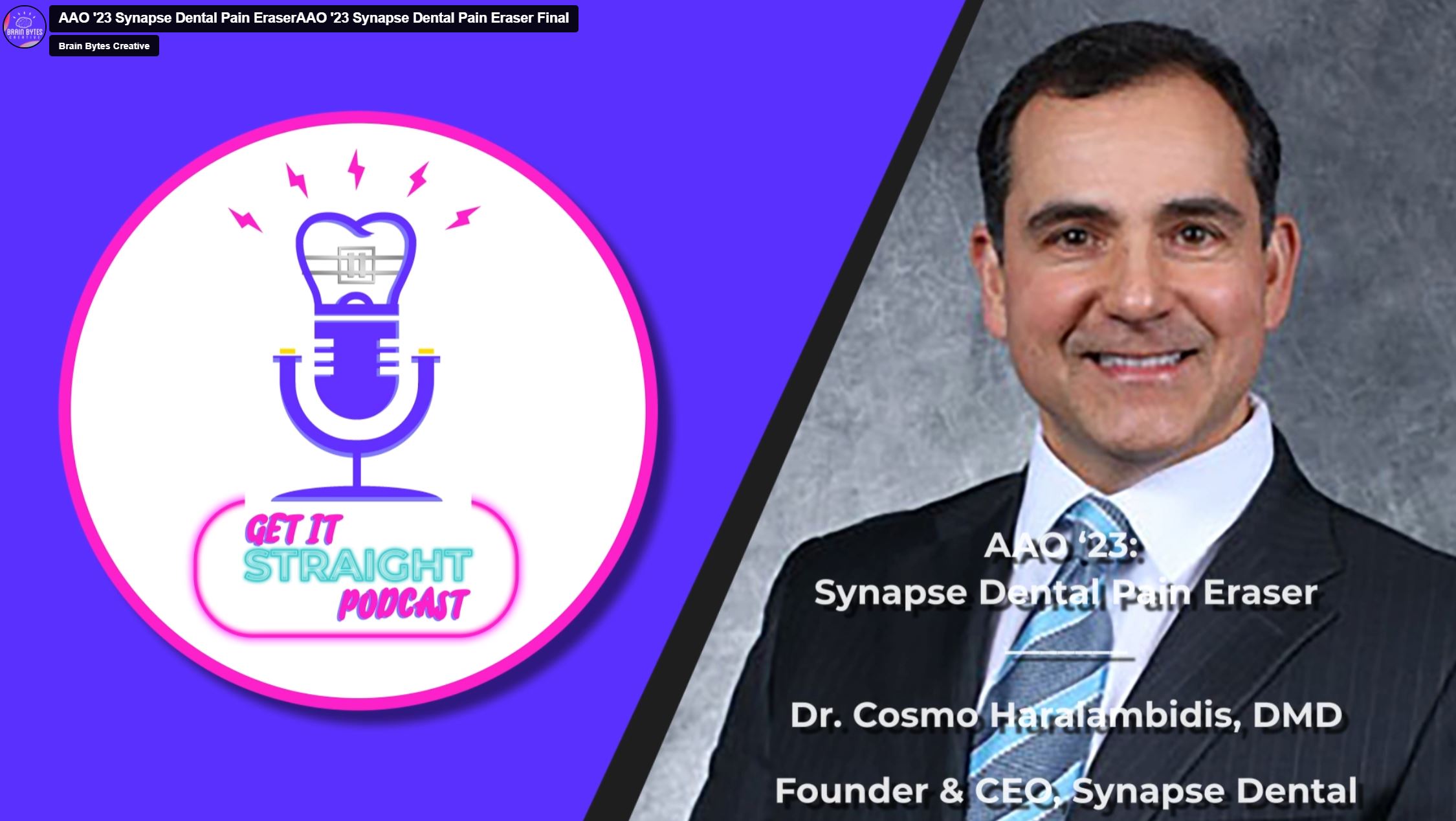TLDR: Yes indeed, keywords are still very important for SEO!

Keywords’ humble beginning
In the early days, SEO was like the Wild West. It was a lawless and untamed frontier where Marketers were able to roam freely and do as they please. Methods such as keyword stuffing, excessive tagging, and spammy backlinks were often used to generate high search rankings.
Why you may ask? Because it worked! This was due to low competition and the simplicity of early search engine formulas. All you had to do was match specific keywords and your site would end up on the first page of the search results. Botta bing botta boom, it was that easy! These now shady tactics used to fly because it was okay to focus on using the same exact keyword over and over to rank well for it.

Another distinguishing attribute of this period was that there was absolutely no emphasis on content quality. It was common to come across heavily keyword stuffed pages with hardly any valuable information. A lot of the time, these pages didn’t even answer the searcher’s question or inquiry and when it comes down to it, that’s the whole point of search engines! Because of this, changes had to be made…
Search engine ch-ch-ch-ch-changes
Simply put, Google got smarter. They saw the opportunities in connecting searchers to more valuable content and were leaders in the effort to develop a more level playing field for marketers to earn rankings. During this period (2003 – 2005), many updates were made to penalize unethical optimization practices which, in turn, improved indexing.

The keystone changes…
Google Panda update
The year was 2011 when Panda was first introduced. It was a cold day in February and content farms were snuggled up and stuffing keyword after keyword onto their web pages. Their world was then rocked when they found out that Panda was developed specifically to reduce this very practice. With the arrival of Panda, marketers now needed to care more about the quality of the content, not just keywords. Poor and thin content received limited visibility while rich and compelling content valued.
Google Penguin update
Just one year after the great Panda update, another major algorithm update arose: Penguin. Google Penguin waddled into our hearts by continuing the effort to reward high-quality content sites. All the while laying down the hammer on those still using black-hat SEO practices such as keyword stuffing and manipulative link schemes.
Google Hummingbird algorithm
What’s better than an updated search algorithm? An entirely NEW search algorithm! The Hummingbird algorithm… it’s was kind of a big deal when it was announced in 2013. Google’s main objective for this new algorithm was to better understand a searcher’s query. So Hummingbird focuses on matching context to search results. The algorithm no longer looked at just specific keywords, but the context of the content as a whole. Thin and duplicated content became discredited. Ultimately, It’s all about returning better results and satisfy the user’s intent.
RankBrain
Now the big daddy: RankBrain. RankBrain was introduced to the internet in 2015 and is an expansion of Hummingbird. It’s a machine-learning Artificial Intelligence system that is used to sort live search results to help give users the best fit to their search query. RankBrain takes pieces of keywords and truncates them down. So if you have a keyword like Ohio School Systems, RankBrain will use the keyword as a matrix to find every possible variation of that keyword to give the best, most relevant results. It starts with the longest version of your term and keeps shrinking it down (Example: Ohio School Systems > Ohio School System > Ohio School). Major Takeaway, RankBrain has two major duties: understanding keywords and measuring user satisfaction.

Why keywords still matter
With all these search engine algorithm changes we’ve seen over the years, the main focus is now on overall content quality, relevance and behavioral factors (like how long someone is on the site) more than just keywords. Because of this shift, some people say that keywords are less important…
Opinion alert:
It’s our stance that keywords are more important than ever! And here are the top 3 reasons why:
- RankBrain and the way it interprets keywords
As we explained above, it is no longer okay to use the same exact keyword over and over in content, this leads to keyword stuffing and penalties. But keywords are still important when used in keyword families. A keyword family is every possible version of one keyword. Pluralized, singular, etc. Since RankBrain understands these variations, it allows us to write more readable (humanized) content using synonyms and still rank well for keywords. The goal is to make sure it sounds normal and not keyword stuffed. You can accomplish this by using keywords in body copy and metadata such as titles, descriptions and headers. - Google and how it ranks pages
Let’s get real, we now know that we have to think about how we use keywords differently. But you still need them if you want to rank well on Google. And if you think that’s not crucial, let me throw these stats your way: The first position on Google gets 33% of traffic, with the second position getting around 15% and it just gets worse from there. So yeah, you definitely want to get yourself on page one, and you aren’t getting there without keywords. - SEO strategy is built on keyword research
Keyword research is the cornerstone of SEO. Knowing the search volume and potential value of keywords helps determine your areas of focus, which helps you build your strategy and determine priorities. It’s basically the roadmap for your SEO initiatives and without it, you’ll be lost.
All-in-all…
…it’s just another keyword in the search bar. We should not disregard the importance of keywords just because of the search engine algorithm updates. Instead of focusing on keywords for search engines’ sake, marketers need to focus on keywords for the users’ sake.
Need help with keyword research?
Let the experts help! We recommend Just Keyword Research for all of your keyword research needs. They create customized keyword research for marketers, agencies and customers. AND they do it faster, better and cheaper than you can do yourself. Sounds too good to be true? See for yourself and contact Just Keyword Research today!
Brain Bytes Creative is an Atlanta-based digital marketing agency with a passion for search engine marketing. Want to learn more? Get in touch.



